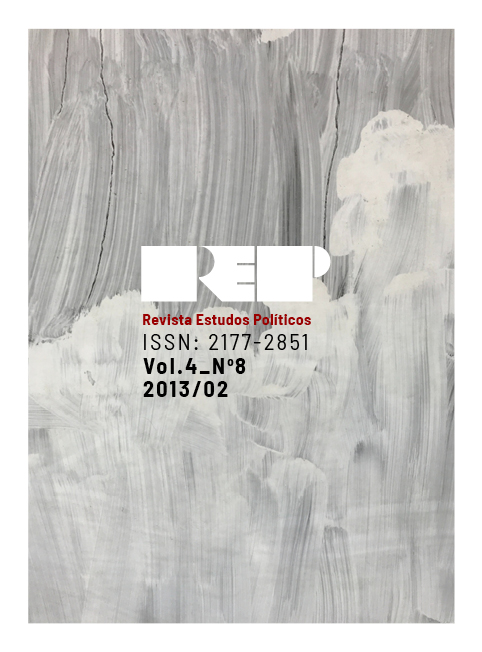The theory of discourse as a theoretical and methodological approach in the field of public policies in education
DOI:
https://doi.org/10.22409/rep.v4i8.40313Palavras-chave:
Discourse theory, assessment, discourse, politics.Resumo
Assessment, as an institutional practice, has been designed for the sphere of higher education in response to the conflicts that prevail in the discourses that seek dominance in this field. Assessment is a discourse that clarifies the meanings, beliefs and values of both people and institutions with regard to conflicts and states of tension, as well as disputes and authority. Understanding assessment as being a discourse creates a need to follow an analytical path that places us in a realm beyond mere words and takes account of contexts, people, and meanings that are established through social practices. Thus, the Dicourse Theory provides theoretical and methodological categories that can assist us in conducting an analysis of the meanings surrounding the discourses of (and within) assessment. The reason for this is that in the Dicourse Theory, language is not regarded as the core of analysis but rather as one of the dimensions of social practices, and involves the inclusion of people and their relationships within a social domain that is constituted and being transformed.Downloads
Downloads
Publicado
Edição
Seção
Licença
Para submeter um manuscrito, os autores devem realizar o cadastro na plataforma, fornecer os dados solicitados e seguir as orientações recomendadas. Para tanto, será necessário apresentar o número da identidade de pesquisador. Para obtê-lo, é necessário realizar o cadastro na plataforma Open Researcher and Contributor ID (ORCID).
Ao submeter um manuscrito, os autores declaram sua propriedade intelectual sobre o texto e se comprometem com todas as práticas legais relativas à autoria. A submissão implica, ainda, na autorização plena, irrevogável e gratuita de sua publicação na REP, a qual se responsabiliza pela menção da autoria.
A REP tem acesso aberto e não cobra pelo acesso aos artigos.
Orientando-se pelo princípio de que tornar público e disponibilizar gratuitamente o conhecimento científico contribui para a democratização mundial do conhecimento, a REP adota a política de acesso livre e imediato ao seu conteúdo.
No mesmo sentido, a REP utiliza a licença CC-BY, Creative Commons, a qual autoriza que terceiros distribuam, remixem, adaptem e criem a partir do trabalho, inclusive para fins comerciais, desde que se reconheça e torne público o crédito da criação original.
Para mais informações, contatar a editora através do e-mail revistaestudospoliticos@gmail.com


